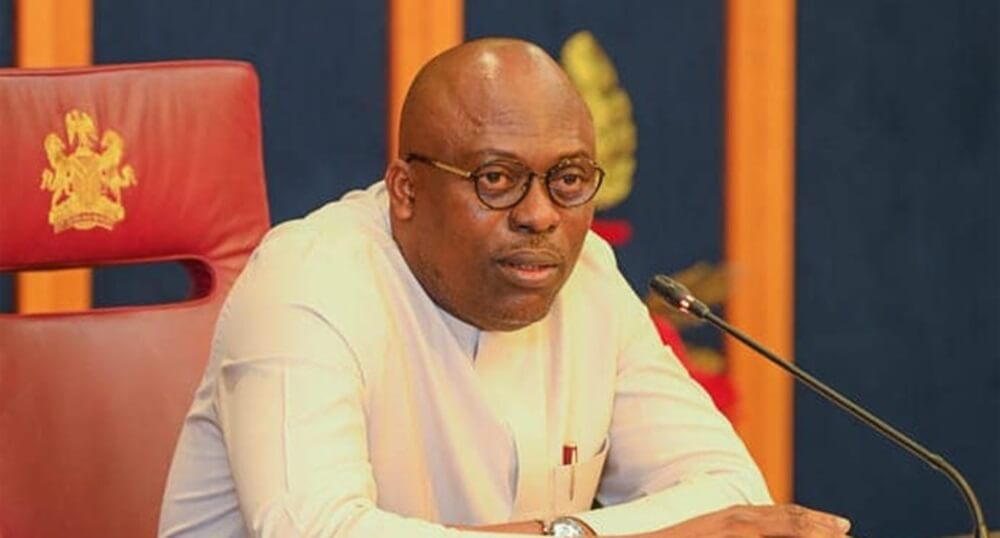A significant leadership transition has unfolded within the Rivers State chapter of the Peoples Democratic Party (PDP) as the party’s National Working Committee formally acknowledges Nname Robinson Ewor as the new state chairman. This development follows a decisive court ruling that nullified the previous executive led by Aaron Chukwuemeka.
The landmark decision, delivered by the Rivers State High Court on January 13, 2025, effectively invalidated the series of contentious party congresses held in the latter half of 2024. These included ward congresses conducted on July 27, local government congresses on August 10, and state congresses on August 31, which had previously established the now-defunct leadership structure.
Debo Ologunagba, the PDP’s National Publicity Secretary, announced the party’s acceptance of the court’s judgment in a comprehensive statement released on Thursday. The decision to recognize the Ewor-led executive aligns seamlessly with the party’s constitutional framework, as amended in 2017, reinforcing the PDP’s commitment to internal democratic processes and legal compliance.
The leadership change comes at a crucial time for the PDP in Rivers State, where Governor Siminalayi Fubara’s administration has been implementing various development initiatives. The National Working Committee has explicitly charged the new executive with the responsibility of maintaining the party’s momentum in delivering democratic dividends to the people of Rivers State, while working in harmony with the governor’s policy agenda.
In his statement, Ologunagba emphasized the broader implications of this transition, highlighting how the court’s decision reaffirms the PDP’s reputation as a stronghold of transparency and due process in internal party democracy. The ruling serves as a testament to the party’s dedication to upholding established guidelines and legal frameworks in conducting its affairs.
The new leadership faces several immediate challenges and opportunities. Primary among these is the mandate to foster greater unity within the party ranks, a task that becomes particularly crucial given the recent leadership transition. The NWC has outlined clear expectations for the Ewor-led executive to strengthen the party’s position in Rivers State while ensuring continuity in governance and service delivery.
Looking ahead, the success of this leadership transition will likely depend on how effectively the new executive can bridge any existing divisions within the party while maintaining strong support for Governor Fubara’s administration. The NWC’s directive emphasizes the importance of collaborative efforts among party leaders, stakeholders, and members in achieving these objectives.
The timing of this leadership change is particularly significant as it positions the PDP to potentially strengthen its political foothold in Rivers State, a region that has historically been crucial to the party’s national electoral success. The smooth implementation of this transition could serve as a model for handling similar situations in other state chapters of the party.
One notable aspect of this development is the PDP’s emphasis on inclusivity and democratic principles. The party leadership has praised its members in Rivers State for their unwavering commitment to these ideals, recognizing their role in maintaining the PDP’s position as a democratic and all-inclusive political organization that responds to the collective will of its members.
The transition also represents a critical moment for democratic institutions within Nigerian political parties. By accepting and implementing the court’s decision promptly, the PDP demonstrates how internal party disputes can be resolved through legal channels while maintaining organizational stability and unity.
As the Ewor-led executive begins its tenure, all eyes will be on how this new leadership navigates the complex political landscape of Rivers State while maintaining the party’s strong presence and continuing to support the state government’s development agenda. The success of this transition could have far-reaching implications for both the PDP’s future in Rivers State and the broader Nigerian political scene.



